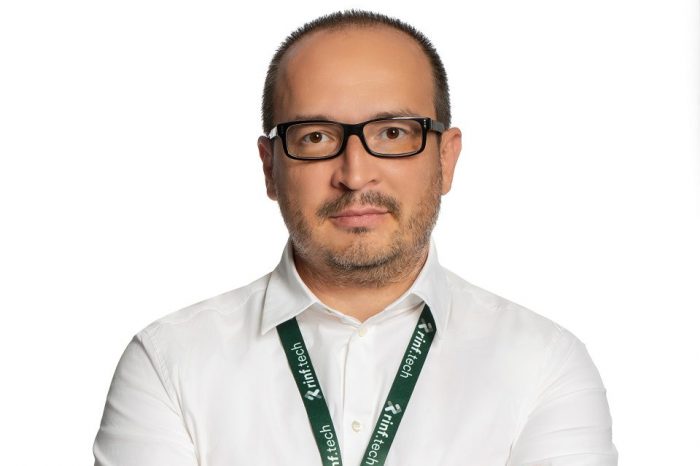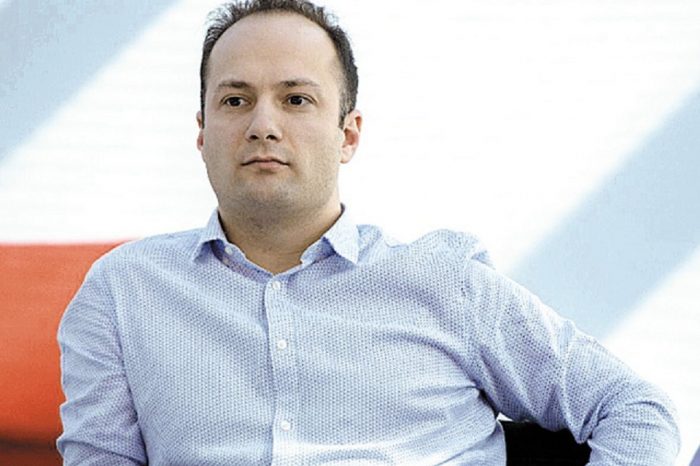Bucharest to host new EU cyber research hub

The rationale for bringing the newly established European Cybersecurity
Industrial, Technology and Research Centre to Bucharest is multifaceted and deserves full consideration.
The Romanian capital pipped Brussels in the second round of voting.
Bucharest will host the European Cybersecurity Competence Center, a future hub to distribute EU and national funding for cybersecurity research projects across the bloc, after the majority of EU countries voted for it yesterday.
The city was selected from a list of seven vying to host the center, including Brussels, Munich, Warsaw, Vilnius, Luxembourg and León in Spain.
Diplomats selected Bucharest with 15 votes in its favor, several EU diplomats said, in a second round of votes that pitted Brussels against Romania’s capital.
“Hub for high tech and innovation, featuring a thriving digital ecosystem, dynamic and young, Romania’s capital will take this task in a responsible and dedicated manner, to the benefit of the entire European Union,” Romania’s permanent representation to the EU tweeted after the vote.
The center’s core job will be to manage cybersecurity funds from the EU’s research budgets, including about €2 billion earmarked in its Digital Europe program and many millions more via innovation funding and coronavirus recovery funds, in addition to national contributions. The bloc is still finalizing its long-term budget for 2021-2027.
The center will not be a formal EU agency but is expected to bring dozens of jobs to Bucharest — about 30 to start, and up to 80 according to some estimates. It should also help boost business for local cybersecurity companies and burnish the host country’s reputation on cyber.
Romania doesn’t yet host an EU agency, which played in its favor. It also ranks third in EU statistics on women employees in information and communications technology (ICT) and 24 percent of ICT graduates in Romania are women, the country’s bid book said. National capitals have also been wary to put the center in Brussels — close to the EU’s main institutions — because of fears that this would erode national competence over security issues.
The European Commission, Parliament and Council are still finalizing the details of how the center will be governed. An agreement on a new law establishing the center is expected to be struck before the end of the year, and negotiators will meet this Friday to try to clinch a deal.
The candidacy document can be found here: Bucharest – a 5A+ choice for cyber (europa.eu)












